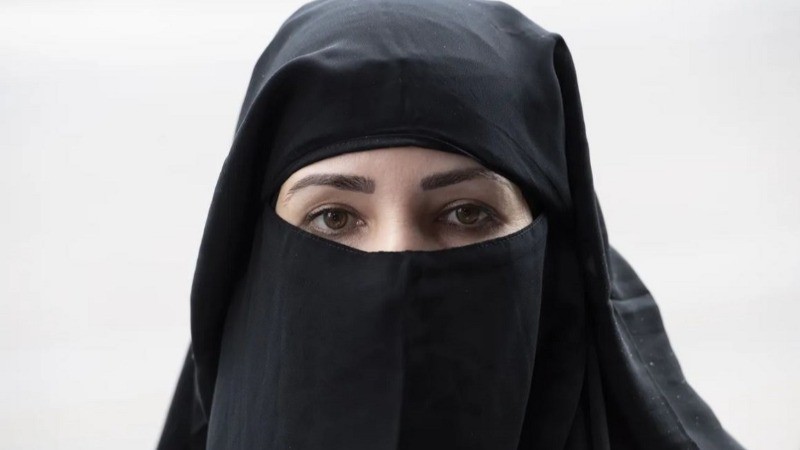
Switzerland has officially implemented a law banning face coverings in public places as of January 1, 2025. Often referred to as the “burqa ban,” the regulation prohibits covering the face, including wearing niqabs or burqas, in public areas. Violators could be fined Up to 1,000 Swiss Francs (Around USD 1,100).
A Controversial Referendum and Legal Framework
The ban originated from a 2021 referendum, narrowly approved by 51.2% of voters under the campaign slogan “Stop Extremism,” led by the right-wing Swiss People’s Party (SVP). Critics argue that the measure unfairly targets Muslim women, raising significant concerns about religious freedom and women’s rights. Despite the criticisms, the Swiss Parliament passed the law in September 2023, formalizing exceptions for specific scenarios.
Exemptions to the rule include face coverings worn for health purposes, such as medical masks or cold-weather gear, as well as for safety, artistic performances, religious worship, and advertising. However, the ban applies broadly to public spaces and private buildings accessible to the public.
A 'Dark Day' for Muslims?
The Central Council of Muslims in Switzerland has strongly condemned the law, describing it as “a dark day” for the country’s Muslim community. Amnesty International also criticized the ban, calling it a violation of women’s rights, including freedom of expression and religion.
Research from the University of Lucerne reveals that the impact of the ban may be minimal, as burqas are virtually non-existent in Switzerland, and only about 30 women wear niqabs. Muslims make up approximately 5% of Switzerland’s population of 8.6 million, primarily hailing from Turkey, Bosnia, and Kosovo.
Joining a Broader European Trend
Switzerland is the latest in a series of European nations to impose such restrictions, joining countries like France, Austria, Denmark, and the Netherlands. France, which pioneered these bans in 2011, cited secularism and public safety as key reasons for the move.
Proponents of the ban argue it protects cultural identity and curbs radicalism, while opponents believe it fosters stereotyping and exclusion. According to an Open Society Justice Initiative report, such bans often stem from nationalist and far-right ideologies rather than genuine public safety concerns.
A Democratic Dilemma
Switzerland’s direct democracy system allows citizens to vote regularly on national and regional matters. The referendum highlights the delicate balance between respecting public opinion and safeguarding minority rights. Supporters of the ban view it as a step toward integration and public security, while detractors see it as part of a growing wave of anti-Muslim sentiment across Europe.